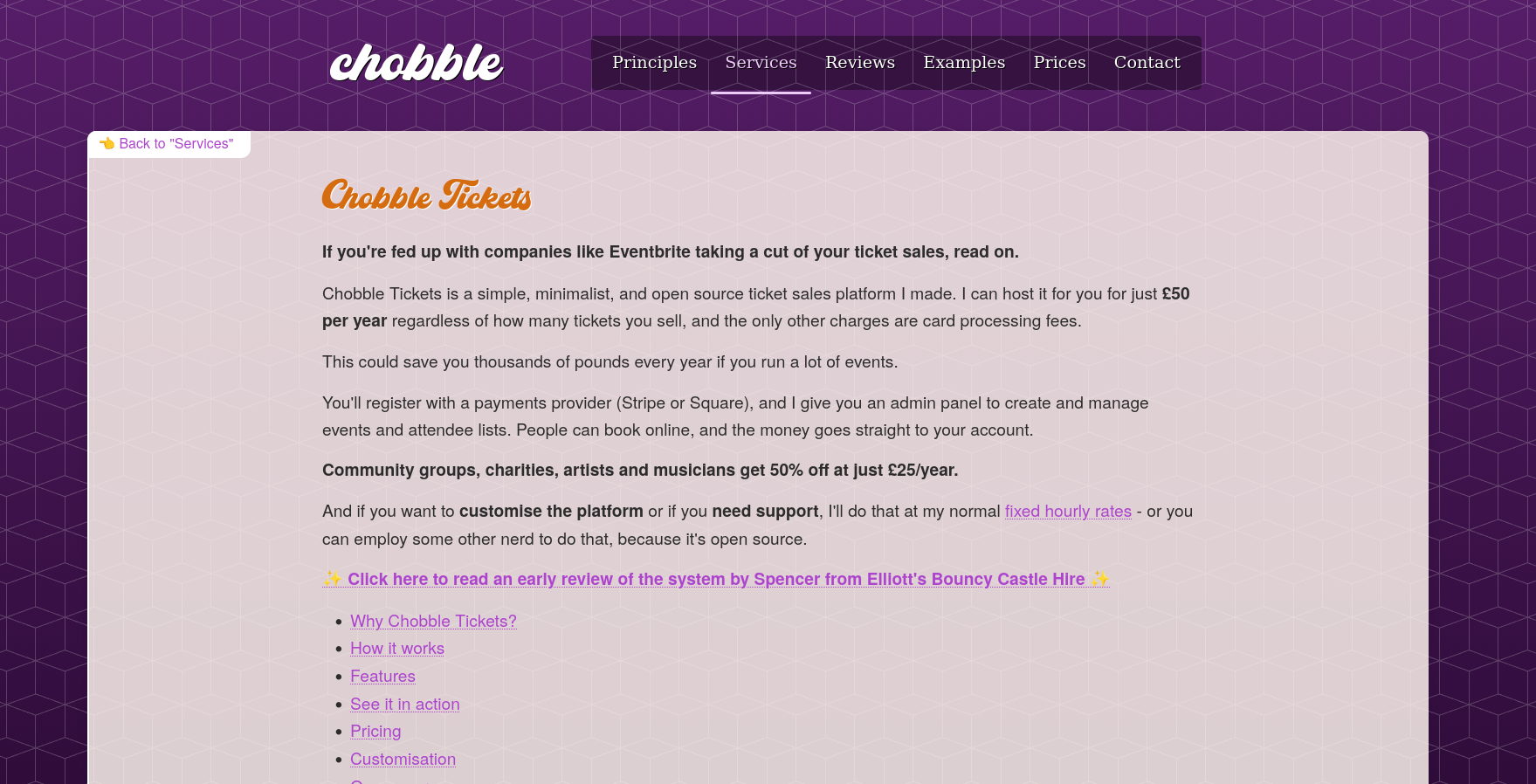Shopping via voice assistant may have only recently started - but it’s the next evolution of commerce and will impact every business, faster than many people realise. Apadmi explain why...
It’s happening - right now - on our phones.
Over 50% of voice shopping today happens on smartphones. That’s today.
Say the word ‘Voice assistant’ and most people think of Amazon Echos or Google Home Hubs. In fact, a study by Voicebot.AI revealed that voice assistant use on smartphones is three times higher than on smart speakers.
Why? Because nearly 80% of shoppers have a smartphone, and 62% of them have tried its voice assistant. Meanwhile, just 22% own smart speakers. The key driver of voice assistant success is accessibility and reach - and there are nearly four times as many phone owners.
So, if this huge reach is one reason why voice is about to join web and mobile to become the third biggest channel for shopping, what else is behind this switch to vcommerce?
Simply, people like using voice.
1 in 5 consumers have shopped using it already because:
- It’s hands-free, so they can do other activities while they tick the mundane ones off their list. 61% of consumers use voice search when their hands/vision are occupied.
- It’s quicker. By 2020, Gartner predicts that 30% of web browsing sessions will be done without a screen, while ComScore estimates voice will account for 50% of all search the same year.
- It’s intuitive. 53% of smart speaker owners say it feels natural talking to these devices and according to Google reports, 41% admit that “talking to these devices feels like talking to a friend or another person”.
Voice delivers on convenience, speed and personal connection - much like mobile did when it first hit the market.
Purchasing Behaviours
There’s a misconception that Alexa is just there to help re-stock items from the kitchen. The Voicebot.AI research reports that whilst 23% of people do re-order, 32% are buying something new. Currently, shoppers are buying lower cost goods - 64% of purchases being for items $50 or less.
Right now, voice is being used for on-the-go buying decisions and impulsive purchases, and commonly through the assistant on smartphones. This presents a huge opportunity for retailers.
A voice-friendly retail strategy
Of course, voice can help organisations drive efficiency and better communication, but here are three areas of focus to drive sales.
Search. Businesses are well accustomed to SEO requirements. But with people now searching via voice, companies need to consider what they’re asking and how they’re saying it. Will they speak in longer, fuller sentences? Use colloquialisms? How do these factors translate to your product pages? It’s a prospect with a lot of complexity, but companies will need to understand voice search amongst their audience and execute this well, if they want to thrive on voice platforms.
Omni-channel. Simply, voice is another avenue for customers to reach you, to buy your products, so you’ll need a strategy in place that incorporates web, mobile and now voice. But it can mean other things. Optimising your website for voice assistant search as above, or building an immersive, branded voice app (or skill to Amazon Alexa users). The interaction your customers have with you doesn’t have to stop once they’ve bought something - how can you immerse yourself in their routine, and make sure that your brand is the one they always think of on a platform with zero visual cues? Skills can help you to do this - if you identify a strong use case.
Voice in-store. You might want to extend the voice experience into another of your touchpoints in order to complement it, enhance it. Don’t think of voice purely as a buying tool for consumers - it can be used to inform and educate purchasing decisions too. When asked about how they would like to use voice in-store, 30% of shoppers said they’d like to use it to locate items, 26% said they’d use it to compare products, while 30% were interested in using it to learn about discounts and promotions.
Voice interaction has changed the commerce game again. Yes, address the points above - maximising on search, understanding its role at every touchpoint - but old rules stay the same. It’s a new channel in which to create a brilliant experience for consumers, and make sure they come back to “talk" to you.
If we’ve piqued your interest on voice, we’re hosting a free event on Thursday 6th June dedicated to this emerging market. We’ll have speakers from Amazon, RADA, the BBC and EIG - you can find out more about them and details of the event here.








